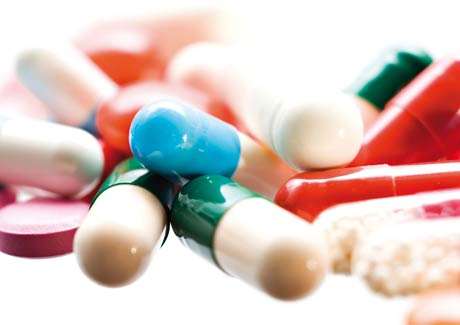Associate Professor Paul Kennedy from the Centre for Quantum Computation and Intelligent Systems at the University of Technology, Sydney (UTS) has been working with Associate Professor Dan Catchpoole, from The Kids Research Institute, to devise a virtual pipeline that visualises large quantities of patient data to help hospital clinicians better diagnose and treat childhood cancer patients.
Cancer is the deadliest disease for children in Australia, with more than 600 diagnosed each year.
Present treatment is based on grouping patients into risk categories, with those at high risk of relapse requiring the most intense treatment.
This project looks at shifting away from categories to personalising treatment.
The virtual pipeline can compare existing and previous patients’ gene expression data and gene variations, as well as clinical and image data.
The plan then is to better assist clinicians at the bedside determine the treatment regime that will give the most certain clinical response.
“We aim to make complex genomic information accessible to clinicians so that they can make decisions on treatment,” says Dr Catchpoole, who heads the Tumour Bank at The Children’s Hospital.
“Tissue has all the information about the patient’s disease. We aim to remove irrelevant information, leaving the relevant information to help the clinician.”
The Tumour Bank houses about 26,000 cell specimen samples from 2900 patients.
The specimens represent 50 types of cancers that have been stored by the Tumour Bank since its inception in 1998.
“We see tumour tissue specimens as ‘little packages of information’ about the patient and their disease,” says Dr Catchpoole.
“This information can be unpacked very quickly through current DNA sequencing or ‘omic’ technologies, leaving us with vast amounts of data that needs to be sorted, sifted and made sense of.”
He says the computational approaches used by Dr Kennedy will allow clinicians “to quickly mine this information for the nuggets of knowledge we can use to assess how best to treat a patient in the clinic”.
Dr Kennedy says the research team is finally pulling together all the strands of a project that dates back 12 years. “You don't always get the chance to work on things like this. It can have such a big effect and really change kids’ lives. Personalising medicine has the potential to give them a better chance of surviving these rare diseases.”
Thomas Ledwith was diagnosed with acute lymphoblastic leukaemia (ALL) in 2012. He is one of the 2900 tumour bank donors and this is his story:









